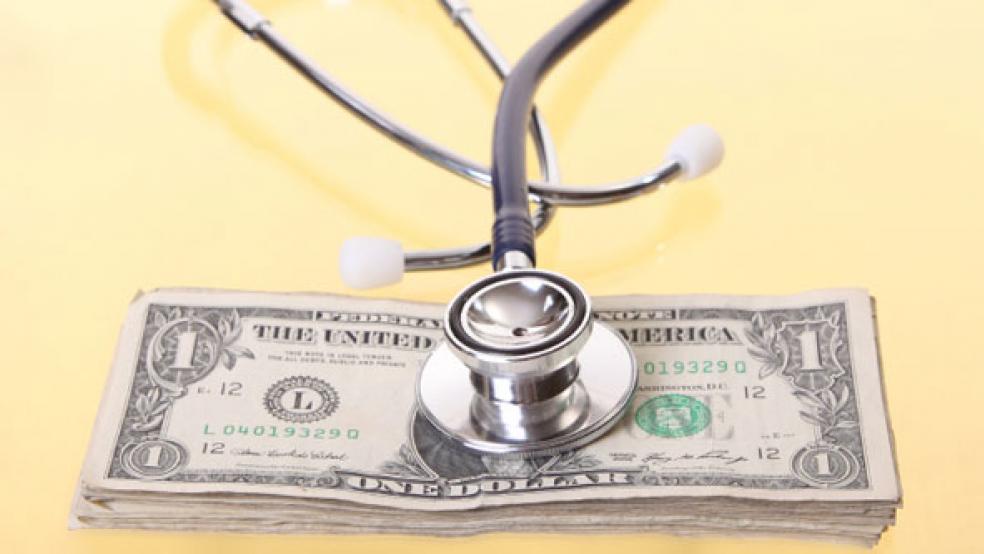More than half of Americans are concerned they’ll find themselves overwhelmed by medical debt or unable to find affordable health insurance, according to Bankrate’s latest Health Insurance Pulse Survey.
The survey found that worry levels were highest among people in their prime earning years, between the ages of 30 and 64. Six in 10 Americans in that age group were worried they wouldn’t have affordable health insurance at some point in their lives – versus 49 percent of those in other age groups.
Related: Health Care Spending Expected to Climb Next Year
The survey also found that 60 percent of women were concerned about their future health insurance – versus 50 percent of men.
“When you think about people confronting out-of-pocket maximums at around $7,000 or deductibles of $5,000 for a family, that’s a lot of money,” David Cusano at Georgetown University’s Health Policy Institute told Bankrate. “You throw prescription drug copays into the mix, and I can see where you would be worried.”
U.S. workers with employer health benefits spent an average of $5,884 on insurance coverage for individuals and $16,351 for family coverage last year, according to a recent report by the Kaiser Family Foundation. That represents a 5 percent increase for single people and a 4 percent increase for families over 2012 prices, compared to wage increases of 1.8 percent and inflation of 1.1 percent during the same period.
Related: State Worker Health Costs – A $31B Political Football
While employers absorb some of that increase, they have also been passing along the extra costs in recent years via premium and deductible hikes. From 2008 to 2013, covered workers’ average out-of-pocket health care costs increased 36 percent.
The Bankrate survey also found that a quarter of Americans currently have more medical debt than emergency savings. Last month, credit rating firm FICO said that it would give less weight to debts related to medical procedures when calculating consumer credit scores.
The new survey reflected the results of telephone interviews with a nationally representative sample of 1,006 adults living in the United States.
Top Reads from The Fiscal Times:





